Campaigning for Japan's Oct. 31 general election started on Tuesday, with new Prime Minister Fumio Kishida seeking authorization for his COVID-19 and economic policies and the opposition parties united to loosen the power of the ruling coalition.
In the campaigning, candidates are competing for 465 seats in the powerful lower house or the House of Representatives. The Liberal Democratic Party (LDP) and its smaller partner Komeito hope to maintain their overall majority.
Leading the LDP, Kishida has vowed to achieve economic growth and redistribute wealth to the middle class in the revision of the "Abenomics" which has been criticized as helping raise corporate earnings and stock prices, but failing to boost wage growth.
He has said the government within the year will draw up a stimulus package worth "tens of trillions of yen" to deal with the COVID-19 pandemic.
The LDP is also promising to support Japan's medical system against future outbreaks of COVID-19 and boost defense spending amid missile threats from the Democratic People's Republic of Korea.
Opposition groups, including the Constitutional Democratic Party of Japan (CDPJ), believe that the consumption tax should be lowered from the current 10 percent and the burden should be shifted to the wealthy and companies, in order to target the prime minister's abandonment of the promise of raising capital gains tax.
Led by former Chief Cabinet Secretary Yukio Edano, the CDPJ is seeking to increase its 110 seats, strengthen cooperation with other opposition groups including the Japanese Communist Party (JCP) by integrating their candidates to get a better chance to win the single-seat zones.
The opposition has criticized Kishida's reluctance to permit married couples to adopt separate surnames and admit same-sex marriage, and pledged to reduce carbon emissions without using nuclear power.
Meanwhile, the LDP is pointing to the CDPJ and the JCP, saying they are not suitable for governing as they allied with each other despite their vastly differing foreign policy stances.
Despite the less-than-enthusiastic response, Kishida's approval rating for his lineup of ministers hovering around 55 percent in a survey conducted by local media over the weekend.
Kishida has said he will win if the ruling coalition can secure an overall majority of at least 233 seats, which is regarded a low threshold considering it held 305 seats before the dissolution of the lower house.
Less than 30 percent of the respondents said they will choose the LDP in the proportional representation portion of the general election, 4.7 percent supported Komeito, and 9.7 percent said they will vote for CDPJ. About 40 percent said they have not decided yet.
The LDP has only been ousted from power twice since its founding in 1955, most recently from 2009 to 2012 by the CDPJ's forerunner, the Democratic Party of Japan.









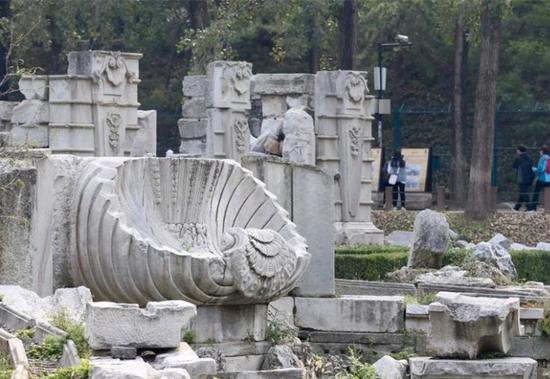






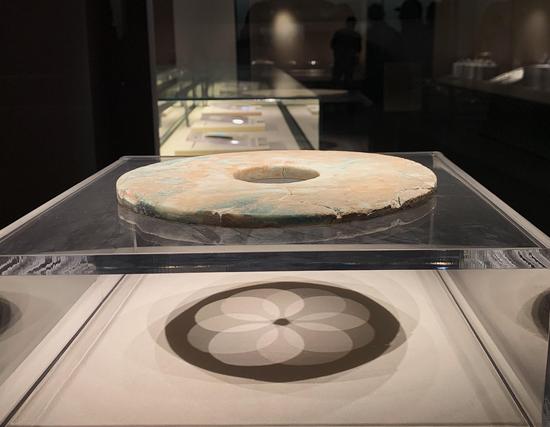








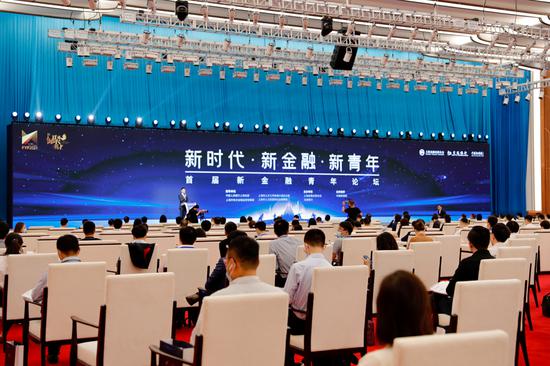




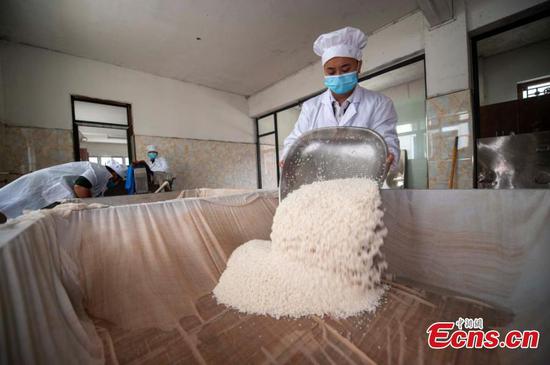
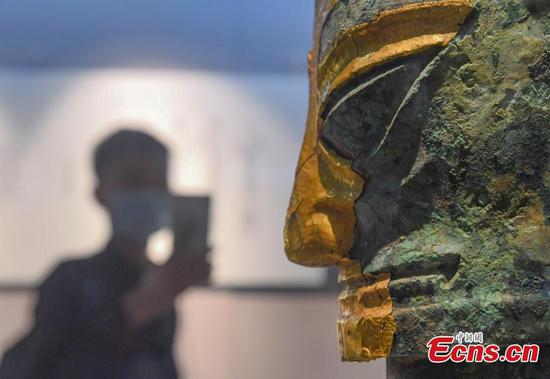
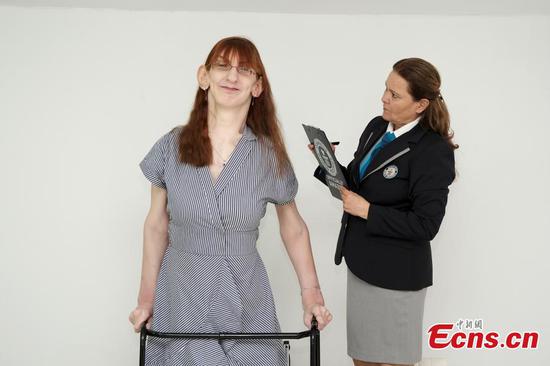

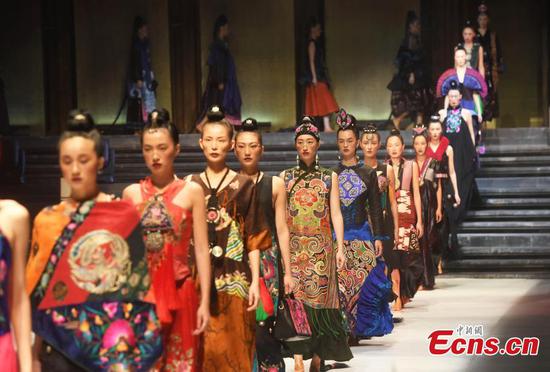
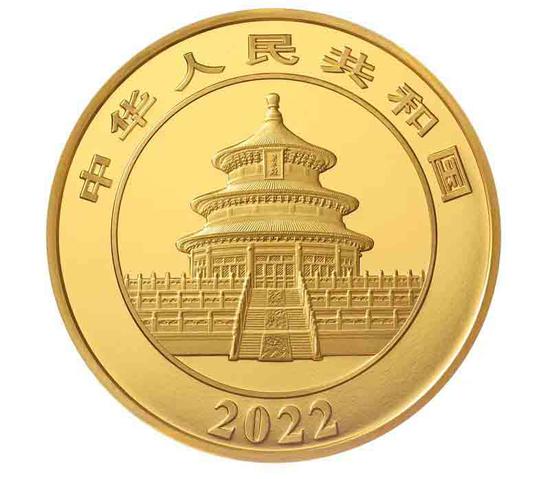

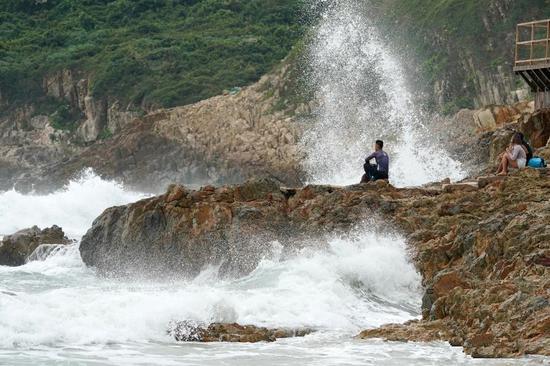

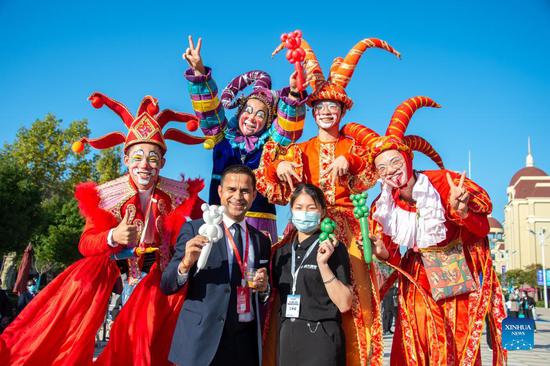
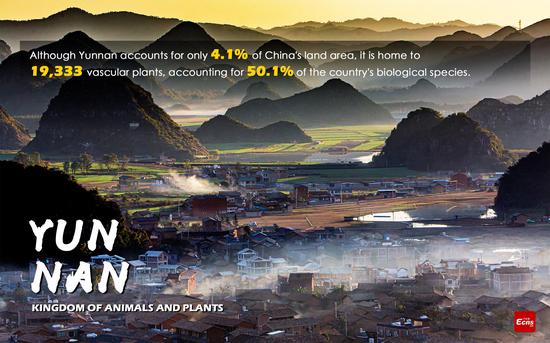


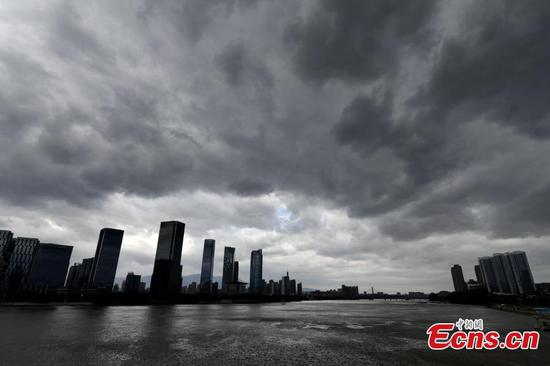
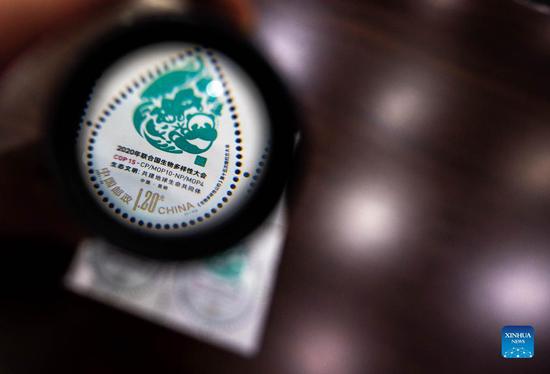





 京公网安备 11010202009201号
京公网安备 11010202009201号